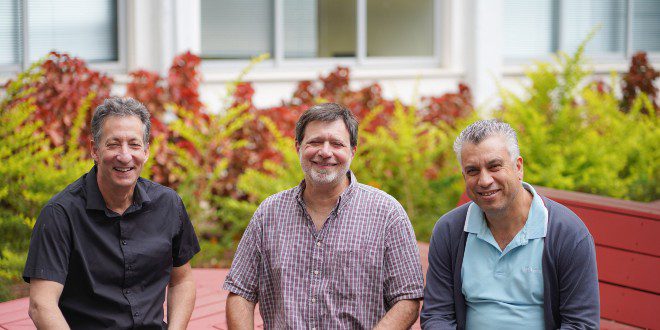Oxygen radicals (free radicals) are dangerous to the human body. A type of unstable molecule that contains oxygen and easily reacts with other molecules in a cell, when they accumulate they can cause damage to DNA, RNA and proteins and cause cells to die.
Free-radical damage contributes to the development of many chronic health problems such as cardiovascular and inflammatory disease, cataracts and cancer. Antioxidants prevent free-radical-induced tissue damage by preventing the formation of radicals and scavenging them or by causing them to decompose.
An international research team headed by scientists at the Technion-Israel Institute of Technology in Haifa have found an alternative manner to eliminate damaged proteins when the cells are impaired by oxygen radicals, which can happen in failing human hearts where there is poor cell respiration and cells become oxygen depleted or suffer “hypoxia,” because of poor oxygen uptake.
Significantly, the researchers discovered that there can be a shift from the tightly controlled process of eliminating proteins in the cells to a less-strict mechanism when cells enter an “emergency protocol.” This shift can “clear up” the toxic proteins before their toxicity levels get too high.
Their study has been published in the prestigious journal Nature Communication under the title “The 20S as a stand-alone proteasome in cells can degrade the ubiquitin tag.”
To carry out their study, the researchers investigated several “proteasomes,” which are protein complexes that work by a chemical reaction to degrade unneeded or damaged cell proteins. The researchers found that elevated levels of one type of proteasome, 20S, appears to contribute to cell survival, even for those cells under stress from damaged proteins.
Human cells – both functional and damaged – are constantly recycled by chemically “tagging” and targeting for removal when they are under stress by the ubiquitin system (the 2004 Nobel Prize was awarded jointly to Prof. Aaron Ciechanover and Prof. Avram Hershko of the Technion and Prof. Irwin Rose of the University of California at Irvine for their discovery of ubiquitin-mediated protein degradation).
At the same time, a few proteins that are intact and functional can also be dragged into the 20S proteasome “molecular disposal unit” along with the toxic proteins that have be targeted for destruction. Nevertheless, rather than harm cells, this mode of action by 20S proteasome may aid cells in rapidly remove toxic proteins. In their conclusion, the authors raised the interesting speculation that this emergency pathway can help even damaged cells to withstand bouts of stress and allow them to “age gracefully.”
To carry out the study, Technion researchers Profs. Indrajit Sahu, Michael Glickman, Ashraf Brik and Oded Kleifeld worked with Prof. Sharlene Day, from the University of Pennsylvania, and the research team of Prof.Yao Cong of the Chinese Academy of Sciences in Shanghai, China.
The shortcode is missing a valid Donation Form ID attribute.




